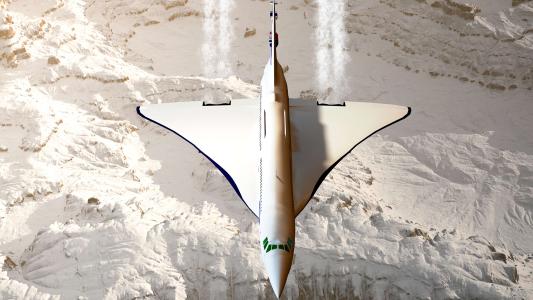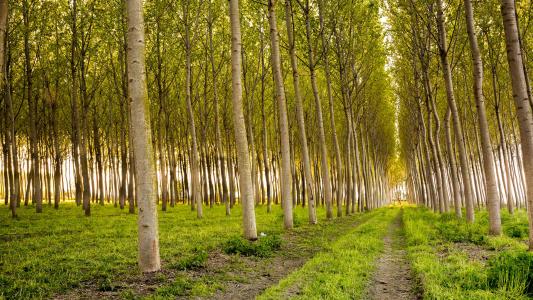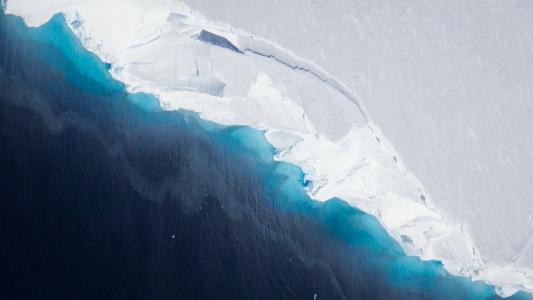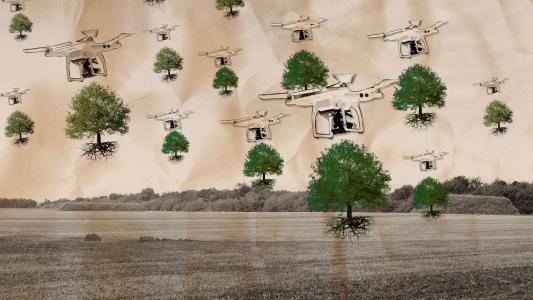Climate Crisis
Open-sourcing the blueprints for a nuclear power plant
The Energy Impact Center has open-sourced nuclear power plant blueprints in an attempt to encourage the adoption of eco-friendly nuclear energy.
Changing flight altitudes could help minimize contrails
A study found that flying a small percentage of planes at slightly different altitudes could significantly decrease contrails, a global warming contributor.
Series|
Guardians of the Apocalypse
Geoengineering: Our last defense against climate change
Reflecting the sun’s rays is a proposed last-ditch effort to mitigate the effects of global warming. This Harvard research team is trying to better understand the potential risks in order to save the planet.
Modifying poplar tree genes to fight pollution
The number of poplar trees around the world has doubled, but a chemical compound in their leaves means they might be doing more harm than good.
The robot racing to study Antarctica’s massive ice melt
Icefin, a semi-autonomous research vessel, is on a mission to search for clues about one of the continent’s fastest melting glaciers, the Thwaites Glacier.
Tree-planting drones restore charred forests
This Seattle startup is bringing new life to charred forests by releasing swarms of smart, tree-planting drones equipped with seeds, mini seedbeds, and cameras.
9 ways the 2010s decade changed the world
From Tinder to CRISPR, these are the top moments, movements, and ideas through which the 2010s decade shaped the world as we know it.
This big wave surfer is changing how we fight wildfires
Fire retardant spray contains toxins that are harmful to the environment and first responders, but Jeff Denholm is looking to change that.
Ship’s logbooks are the first records of climate change data
With the weather and ice data from old ship’s logs, Dr. Kevin Wood realized it was possible to reconstruct the history of sea ice in the Arctic to better understand climate change.
Sifting through sound: using soundscapes to understand ecosystem health
“Ecoacoustics” is an emerging field of research. Instead of chasing down isolated animal sounds, researchers are using all of the acoustic properties of a location to answer ecological questions.









